-

Five spooky, scary things from CIA’s history
The popular imagination has conjured a Central Intelligence Agency of stealth and shadows, but sometimes the Agency’s spookiest moves are the ones that really happened.
-

Short horror stories from the “Clownpocalypse” police logs
Amid the spate of random clown sightings around the country that made up the 2016 “Clownpocalyse,” Allan Lasser began filing for police incident reports regarding clowns. For Halloween, we’ve compiled a list of the most disturbing details to come out of those requests.
-

Requester’s Voice: Investigative reporter and MuckRock Thiel Fellow Mark Harris
Mark Harris was getting tired of consumer reporting when he found a way to get great scoops to literally come right to him: Freedom of Information requests. Here our inaugural MuckRock Thiel Fellow shares the tips and tactics that helped him pierce the secrecy around Palantir and dig into other secretive tech companies.
-

Here’s why there’s a flyer for a creepy wax museum in the CIA archives
Back in January, when it was first announced that the Central Intelligence Agency’s declassified archives would finally be made accessible to the public, media outlets searched for strange and notable documents to pique said public’s interest. One document in particular that received considerable coverage was the seemingly inexplicable flyer for a wax museum. We did a little digging, however, and it turns out there’s a perfectly reasonable explanation for the flyer: time-traveling psychics.
-
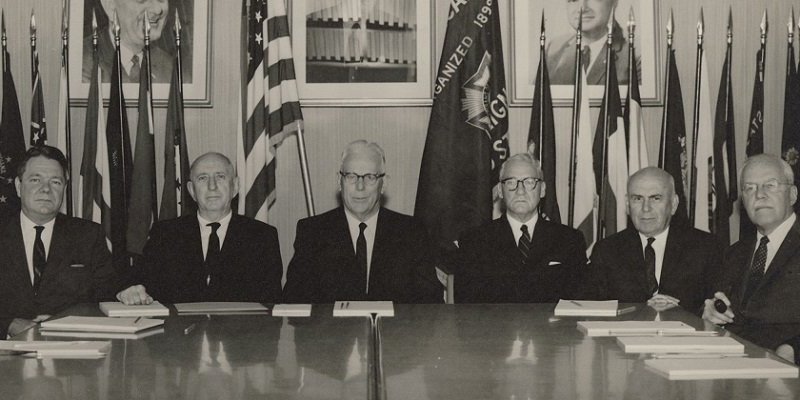
Search through 50,000 emails from the Assassination Records Review Board that tell the hidden story of the JFK files
When much of the JFK files were released on October 26th, over 50 thousand emails from the Assassination Records Review Board, an independent agency to re-examine for release the assassination-related records, were separately released and largely overlooked. These emails show a behind-the-scenes glimpse of the ARRB, the review and release process, and provide new insight into how our history came to be written.
-
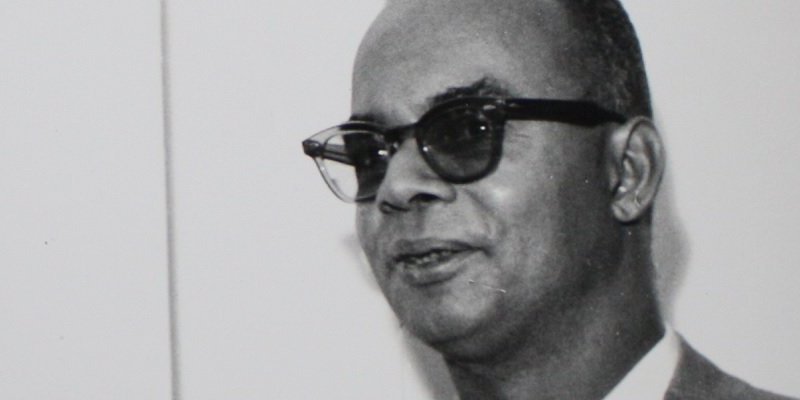
U.S. Naval Intelligence tasked FBI with digging up dirt on Eric Williams to sway Trinidadian elections
A FOIA request to the National Archives from early 2015 has finally yielded the Federal Bureau of Investigation file on historian and first prime minister of Trinidad and Tobago, Eric Williams. In addition to the FBI monitoring Williams during his tenure at Howard University, the file contains reports from Naval Intelligence and the Central Intelligence Agency, who closely monitored his shift from academia into politics, including a request by Naval Intelligence that the FBI gather embarrassing personal details from William’s ex-wife in an attempt to hurt his chances during an election.
-

MuckRock Release Notes: Improving our agency database, making the site easier to find, and the spam fight continues
Building off communication improvements we previously made, we’ve revamped some of our internal tools for identifying when agencies stop responding to requests so we can more quickly reach out and update our database of contacts. We also made some small search engine optimization improvements as well as continue to fight aggressive spammers in the forums.
-

Boo(6): Halloween costume ideas from FOIA
Not sure what to go for this Halloween? MuckRock staff dug through their archives to find 13 of the spooookiest costumes the public domain has to offer.
-
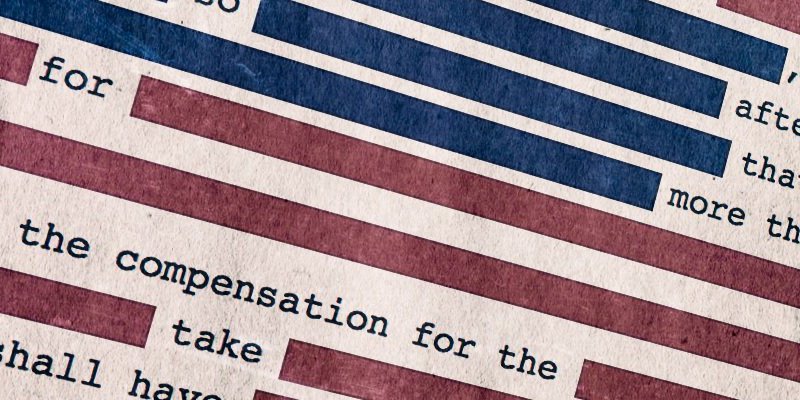
We need to talk about █████: JFK records and how arbitrary classification hurts democracy
The underwhelming nature of the so-called “final release” of records related to the JFK assassination provides an excellent opportunity to talk about our culture’s curious acceptance of “classified” history.
-

How journalists can get around FOIA’s waiting game
Public records aficionados know they’re in for a waiting game - requests can take weeks or years to get a response. In a 24-hour news cycle, how are last week’s documents still relevant?
-

Read the CIA’s declassified report on the Italian pasta shortage
A formerly TOP SECRET bulletin from 1973 uncovered in the Central Intelligence Agency’s archives shows the CIA concerned that their long-backed political party in Italy, the Christian Democrats, had placed themselves in a precarious position amid a country-wide pasta shortage.
-

No, CIA’s counterintelligence chief didn’t mastermind a JFK assassination cover-up weeks in advance
In the 2008 epilogue to his book Oswald and the CIA, John Newman begins with a relatively simple fact and ends with a conclusion that not only reaches far beyond the evidence - it contradicts it. While it’s reasonable to point out the Central Intelligence Agency’s determination to avoid being dragged into World War III by the suspicion Lee Harvey Oswald was working for the Russians, it’s quite unreasonable to use this as evidence of a massive cover-up premeditated weeks in advance by none other than CIA counterintelligence chief James Angleton.
-

Alaska’s rape kit backlog is one of the largest in the country
Recently released documents show that the backlog of untested rape kits in Alaska’s capitol city, Juneau, is staggering. Out of the 283 sexual assault evidence kits collected since 2000, 206 still remain untested, while the status of three remains “unknown” - disturbing news for a state with a rate of sexual violence nearly three times the national average.
-

That time the CIA drove a drug abuse non-profit into existential crisis
Allegations that the CIA was participating in the global drug trade spurred one addiction non-profit to write the Agency about blanketing their work in the “meaninglessness of a Sisyphean labor.”
-

The JFK assassination records release primer
25 years ago, following the release of Oliver Stone’s JFK, President George H.W. Bush signed the JFK Assassination Records Collection Act of 1992 into law. October 26th is the final deadline for the release of almost all records related to the assassination of John F. Kennedy. Here’s what you should know.
-
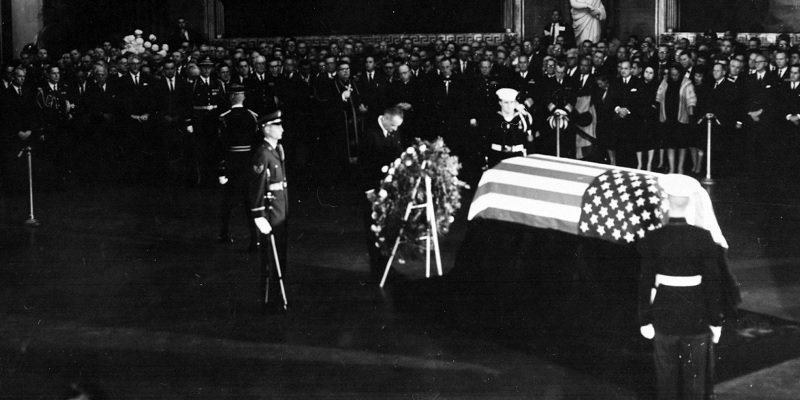
Join us for an upcoming Slack chat on the JFK assassination records release
Since the 1992 passing and signing of the JFK Assassination Records Collection Act, millions of pages of this collection have been released. This Thursday, if all goes according to plan, the rest of the documents will finally be made public - and we want your help going through them.
-
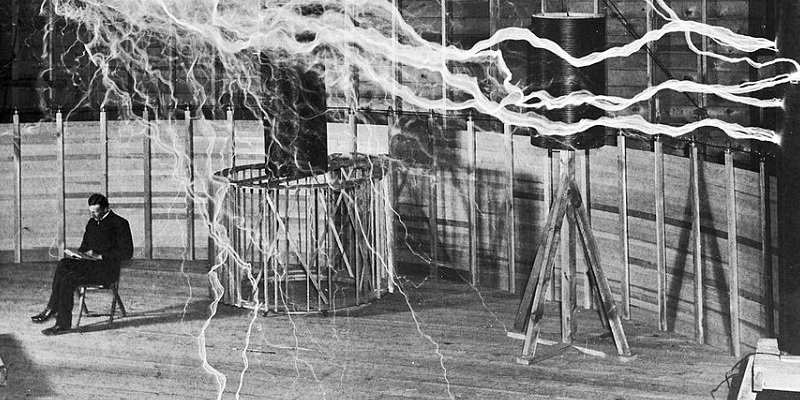
Please stop asking J. Edgar Hoover about Nikola Tesla’s death ray
Files posted to the Federal Bureau of Investigation’s FOIA reading show that for over 20 years, FBI Director J. Edgar Hoover had to politely clarify that the Bureau was in fact, not in possession of Nikola Tesla’s plans for a death ray.
-

NSA wanted to use the Espionage Act to prosecute a journalist for using FOIA
Declassified documents in the Central Intelligence Agency’s archives show that while the CIA was looking to include the Freedom Of Information Act in its war on leaks, the National Security Agency was seriously considering using the Espionage Act to target Puzzle Palace author James Bamford for using FOIA.
-

New Jersey police have federal immigration powers, but limited oversight
Giving federal authority to local police departments is a dicey endeavor to begin with, but when even the top lawyer in the state decides the rules governing the scope of that authority are irrelevant, the situation is made even more dangerous for immigrants, or for anyone who might be racially profiled as immigrants.
-
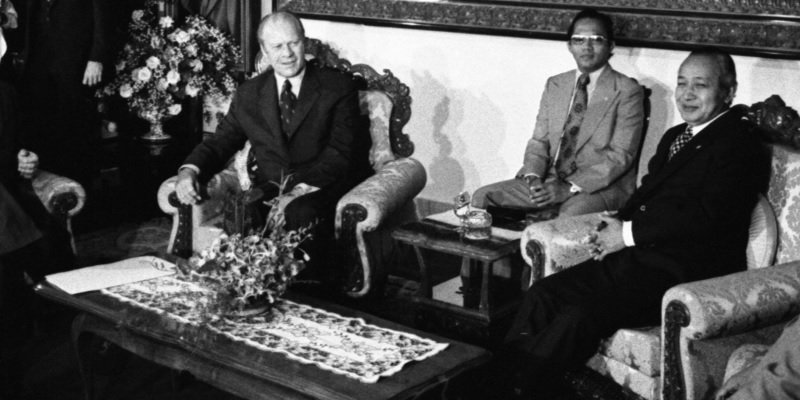
Browse over a thousand CIA records about Indonesian mass killings
Recently declassified records released to the National Security Archive confirm the U.S. government’s awareness of, and active participation in, the Indonesian mass killings that spanned late 1965 to early 1966. A search through the Central Intelligence Agency’s archives for that time period reveals over a thousand related records in various degrees of redaction, showing the Agency’s keen interest in the “Situation in Indonesia.”
-
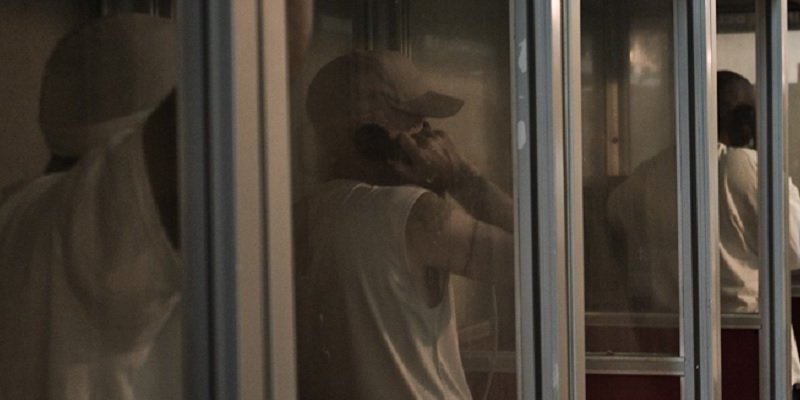
In some Louisiana parishes, over half of inmate phone fees go back to the prison itself
As part of a MuckRock investigation into the commission structures of jail phone use, we’ve received reports from a handful of Bayou State parishes, helping to expand our understanding of how phone fees work in the country’s most incarcerated state.
-

MuckRock Release Notes: Canning spammers, fixing FOIA Machine, and backend upgrades
Last week, we pushed out some much-needed improvements for spam management on the Q&A forums plus set the groundwork for important upgrades to how we file and track requests.
-

Requester’s Voice: FOIA lawyer Matt Topic of Loevy & Loevy
Matt Topic, a Chicago-based FOIA attorney, has taken on some of the biggest public records paces of the past few years, managing to win important precedent after precedent. He shares what he looks for when considering litigation, why public records matter, and how he accidentally fell into transparency law in the first place.
-

James Angleton and the author of report that “debunked” his work agreed on one thing - the report was libel
The Hart Report, also known as the Monster Plot Report, sought to denounce the Central Intelligence Agency’s Counterintelligence Staff in general and its chief, James Angleton, in particular, and is frequently cited as evidence of Angleton’s paranoia and incompetence. While Angleton and others strongly disagreed with John Hart’s findings, they agreed him on one important point - the report was libel.
-
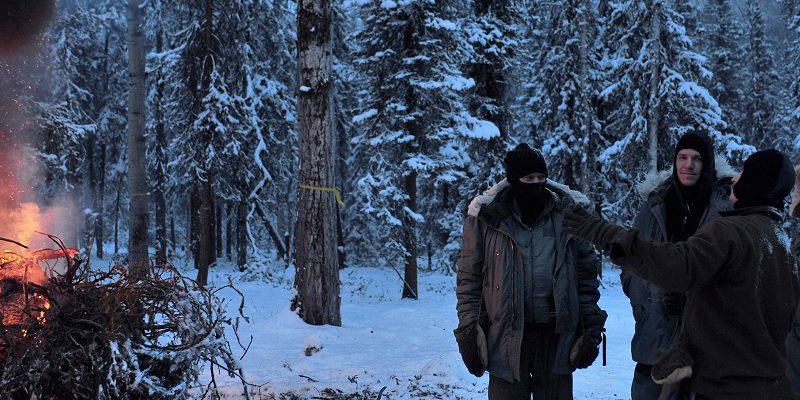
How to survive in the wild, according to the CIA
In 1951, the newly-created Central Intelligence Agency produced a wilderness training guide, “Introduction to Survival.” It starts off scary and weirdly nihilistic, then gets down to the nitty-gritty of how to jump out of a plane, not drive everyone crazy, and more.